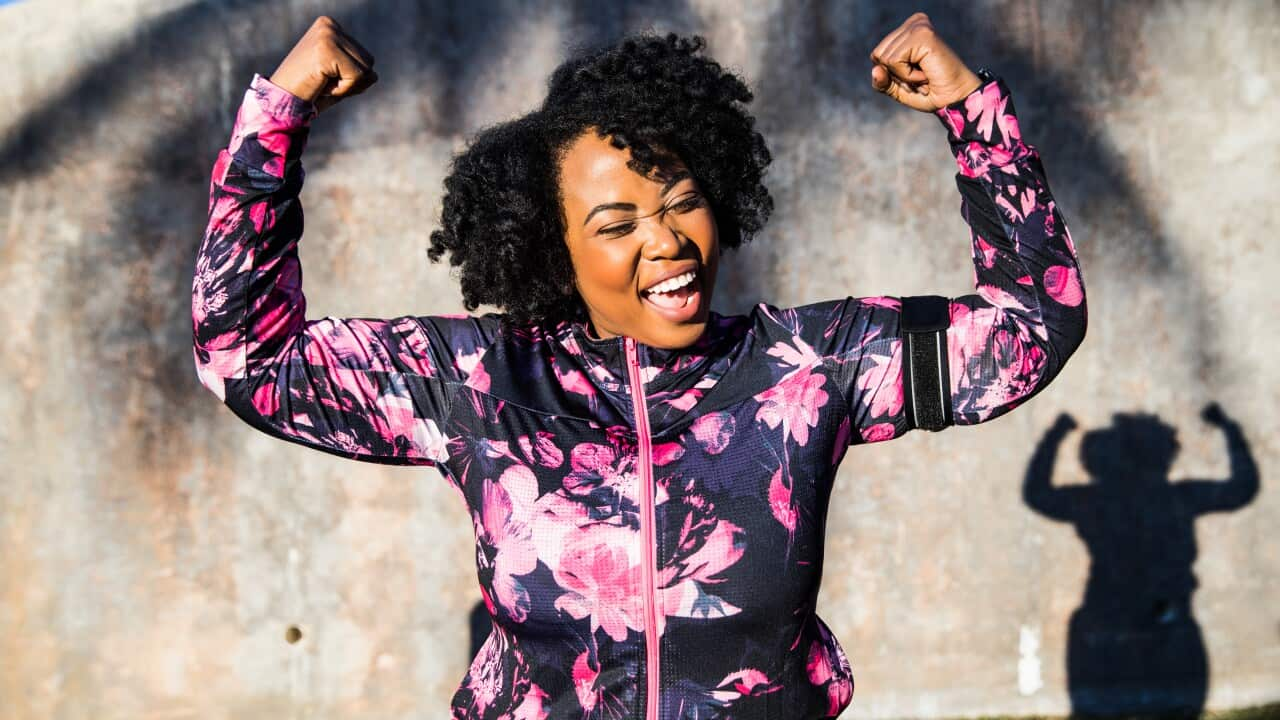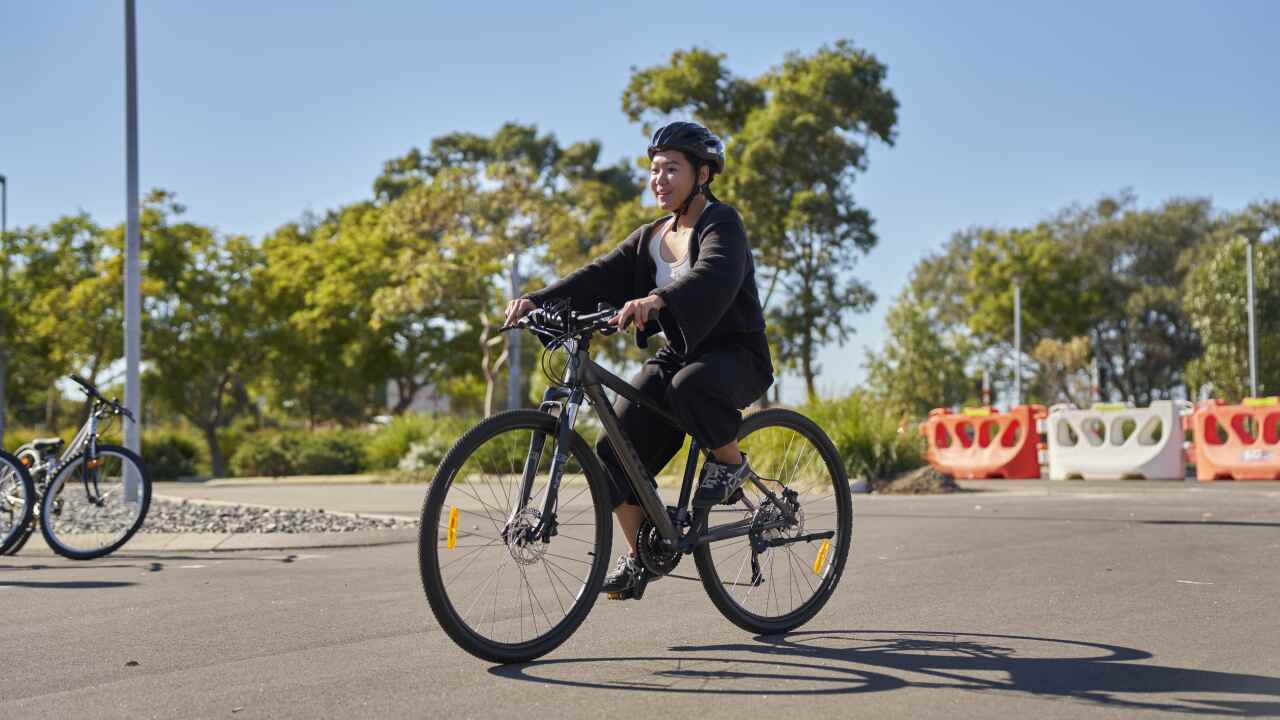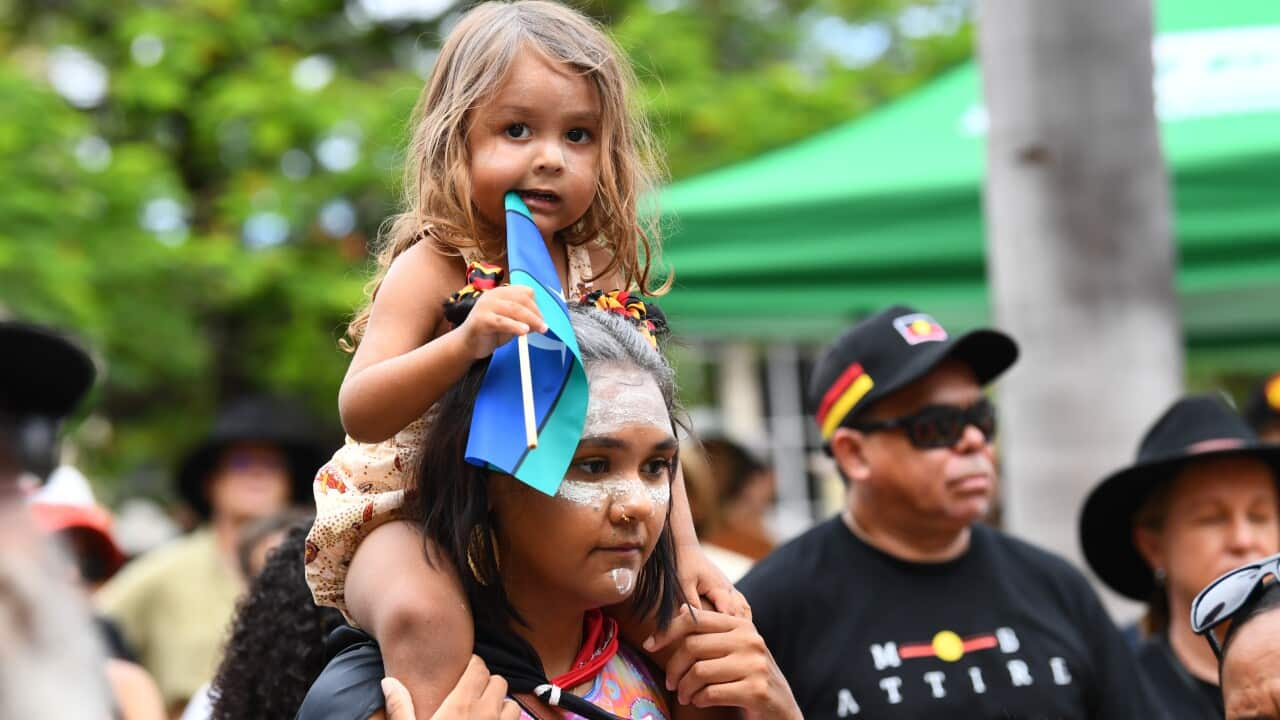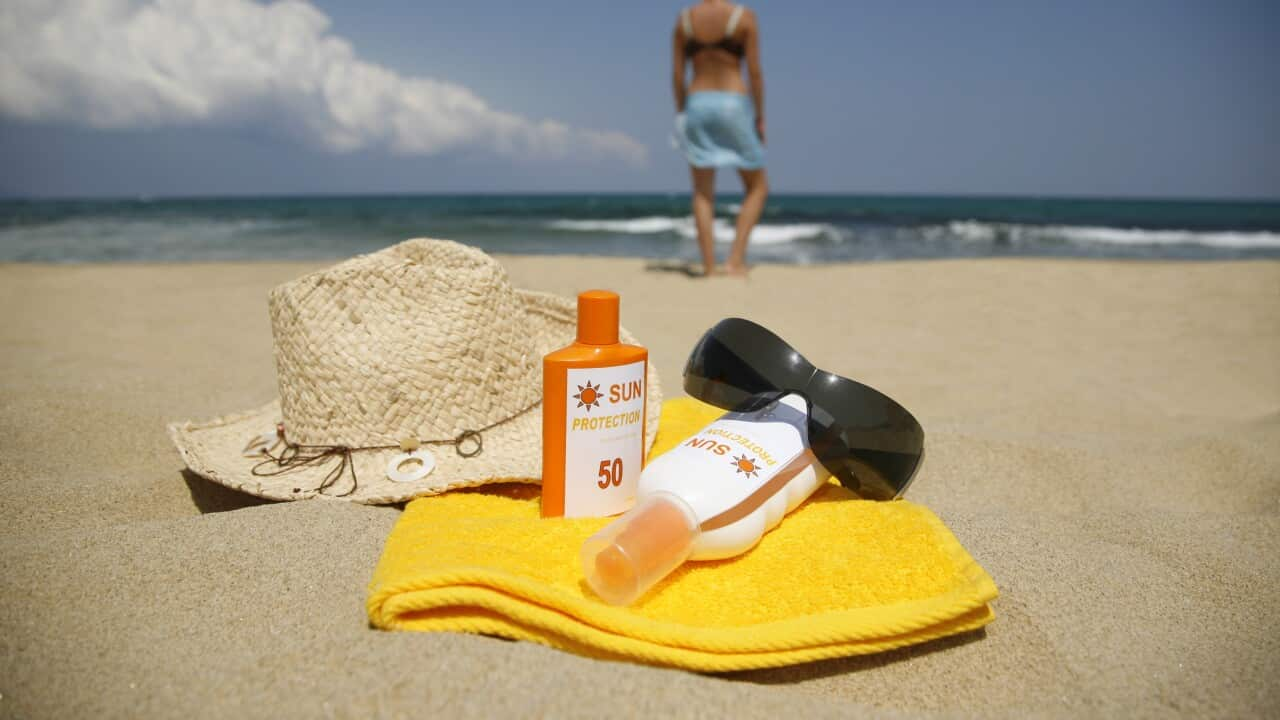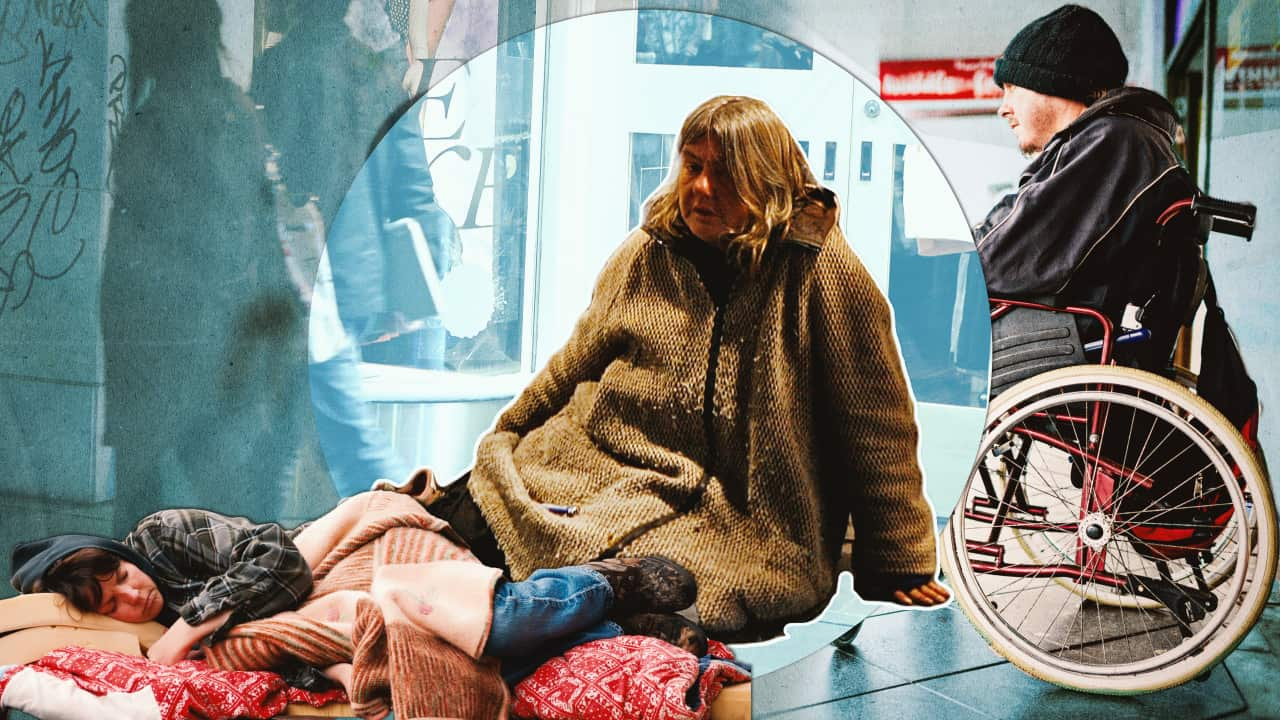CONTENT WARNING: This article and podcast delves into aspects of sexual violence that may be distressing.
On average, there are 85 sexual assaults reported every day in Australia. Studies suggest more than one in three young people have experienced unwanted sex in their life.
If you’re a victim of rape, or non-consensual penetrative sex, you may be considering reporting your experience to authorities and see the perpetrator face the justice system. But often this decision comes with immense emotional turmoil.
MORE ON THIS TOPIC

How can you ensure sexual consent?
SBS English
18/04/202311:38
Senior Sergeant Monique Kelley leads a Victoria Police specialist team that investigates alleged sexual offences. Part of their main responsibilities is to assist victim-survivors, known as complainants, as they draft their statement and provide evidence.
“We have four goals. Our first is to protect victims and support them. Then we are bound to thoroughly investigate all reports that come to us and, as part of that, we gather evidence and find out if a crime has been committed. And then we identify and catch the offenders and take them before the court.”
Victim-survivors are also encouraged to take a trusted support person with them to the police station, as the process of gathering evidence and drafting the Police Statement may be retraumatising.
“I remind my detectives all the time that whenever they speak to a complainant, they need to take a moment to remember that coming to the police station may be the biggest and most stressful event the complainant had post the traumatic event of the attack,” Senior Sergeant Kelley says.
We encounter a person who is experiencing trauma, so their level of vulnerability is extremely high...We need to give that person our time and we need to listen to them, and we need to be open to what they are saying to us.Victoria Police Senior Sergeant Kelley
Reporting to the police
If the victim presents to authorities within a few hours after the attack, they will be offered medical assistance, legal, and emotional counselling.
They will be required to undergo a special medical examination, known as a rape kit, to gather forensic evidence. The option to be seen by a female physician or officers may or may not be available.
Then, the complainant will have to provide a detailed police statement. This may not occur on the same day.
“It's a very difficult thing to make a report and an even more difficult thing to make a statement, but the system really needs the victim to get everything down on paper in one go. Otherwise, the prosecution case ultimately will be prejudiced if there are things added to it later or need to be corrected. So that puts an immediate burden on the victim,” Lawyer Michael Bradley explains.
Investigative journalist Jess Hill has explored how non-consensual sex cases are treated in the legal system, as part of her three-part documentary series, ‘Asking For It’.
She says it’s important for victim-survivors to ensure their statement is accurate. Historical attacks can also be reported, even if a long time has passed.
“There's no time limit, [but] the sooner you report the better, because ... the more evidence there's likely to be,” Ms Hill says.
“The written statement to police is the most important document that's going to be used in court. So, you need to make sure that it is exactly right,” she stresses.

Specialists say it's important for victim-survivors of rape to seek support services, as the process of reporting and going to court is re-triggering and retraumatising for many. Support services are available, whether or not the victim decides to report or engage in proceedings. Credit: FG Trade Latin/Getty Images
If the police can gather enough evidence to prosecute the case, the brief is reviewed by the Director of Public Prosecutions (DPP). If it passes the DPP threshold for proceedings, charges are laid, and police arrest the alleged offender.
“If they don't press charges, it doesn't mean that the sexual assault didn't happen. It just means that they don't think that they’ll be able to stand it up in court,” Ms Hill says.
“After this, they will then arrest and charge the alleged offender. The alleged offender may be released on bail, or they may be released without bail. They may be held in custody until trial, but they won’t necessarily be taken off the street at the point of arrest.”

Source: Supplied
Going to court
Once the case goes to court, victim-survivors and other witnesses -if any- must give testimony.
They’re cross-examined by the defence and the prosecution. In contrast, the accused alleged offender (or defendant) has the right to remain silent. The defendant can plead ‘not guilty’, or only plead ‘guilty’ to minor sexual offences.
Mr Bradley says these features of the legal system make many victims feel alienated, as though they are the ones on trial.
In the vast majority of [rape] cases the only evidence is the testimony of the victim. All of the burden is on the prosecution, which must prove the whole case beyond reasonable doubt — which is a very high burden.Lawyer and author Michael Bradley, law reform advocate.
Mr Bradley explains that the prosecution must also prove the sexual act happened without consent.
“And that, if there wasn't consent, but the accused believed there was consent, then that belief wasn't reasonable.”
He adds that because most alleged sex offenders maintain their right to silence and are exempt from giving evidence, the trial falls on the victim’s testimony, which is put into question. It becomes a contest about whether the victim is being truthful.
“The jury will only ever hear the complainant or the victim’s story, and that is the only evidence that the Crown has to prove its case,” he says.
For the defence to raise reasonable doubt, the pathway to that is to raise doubt about the credibility of the victim’s testimony. So, they will be called a liar.Lawyer and author Michael Bradley, law reform advocate.
It is estimated around 90 per cent of victim-survivors do not report their rape to the police. Studies show one in five Australians thinks women often make up or exaggerate claims of abuse or rape – the highest of any Western nation.
However, Senior Sergeant Kelley says she rarely encounters victims she suspects of lying.
“From being a subject-matter expert and having spent almost a decade in this field, I could say to you that nobody wants to go through this process. So, nobody wants to expose themselves to being examined in the way the legal system examines them, so to make up something would be very, very unusual.”

Source: AAP
“Sentencing options can range from ‘no conviction recorded’, to community service. They might just get a fine, to a prison term, which can also be disheartening for victim-survivors sometimes if they feel like the sentence does not match what they were subjected to,” Ms Hill explains.
“At sentencing, you can usually deliver a victim impact statement, which is a very important moment for a lot of victim-survivors where they're able to say how that offence impacted them to the court, and particularly to the person who offended against them.”
In recent years, some Australian jurisdictions have been changing their laws to mandate defendants of sexual offences to prove in court they obtained affirmative consent before engaging in sexual activity.
READ MORE

How can you ensure sexual consent?
Some jurisdictions are also introducing novel sexual assault reporting options for those who want to lodge their experience formally, without going through the criminal justice system.
“There are reporting systems like where you can report a sexual assault that could have happened any time in your life, and you don't need to go through with the entire charging process all the way through to court, but it puts it on the record,” Ms Hill adds.

one person holding a banner with stop single word againd blue background Source: Moment RF / Carol Yepes/Getty Images
“Very often the thing that is driving survivors is their concern about others, because there is no such thing as a single incident rapist. The beauty of the reporting system like that is that if there are other reports already in the system or are subsequently made in the system then that can trigger the police to go back to the victims and say, ‘hey, turns out yes this guy is a serial offender’, at least allegedly, ‘do you want to pursue it?’.”
Whether or not you decide to report to the police, there are a range of you can access.
If you or someone you know is impacted by sexual assault, call 1800RESPECT. You can also contact , on 13 11 14 or on 1800 22 46 36.

